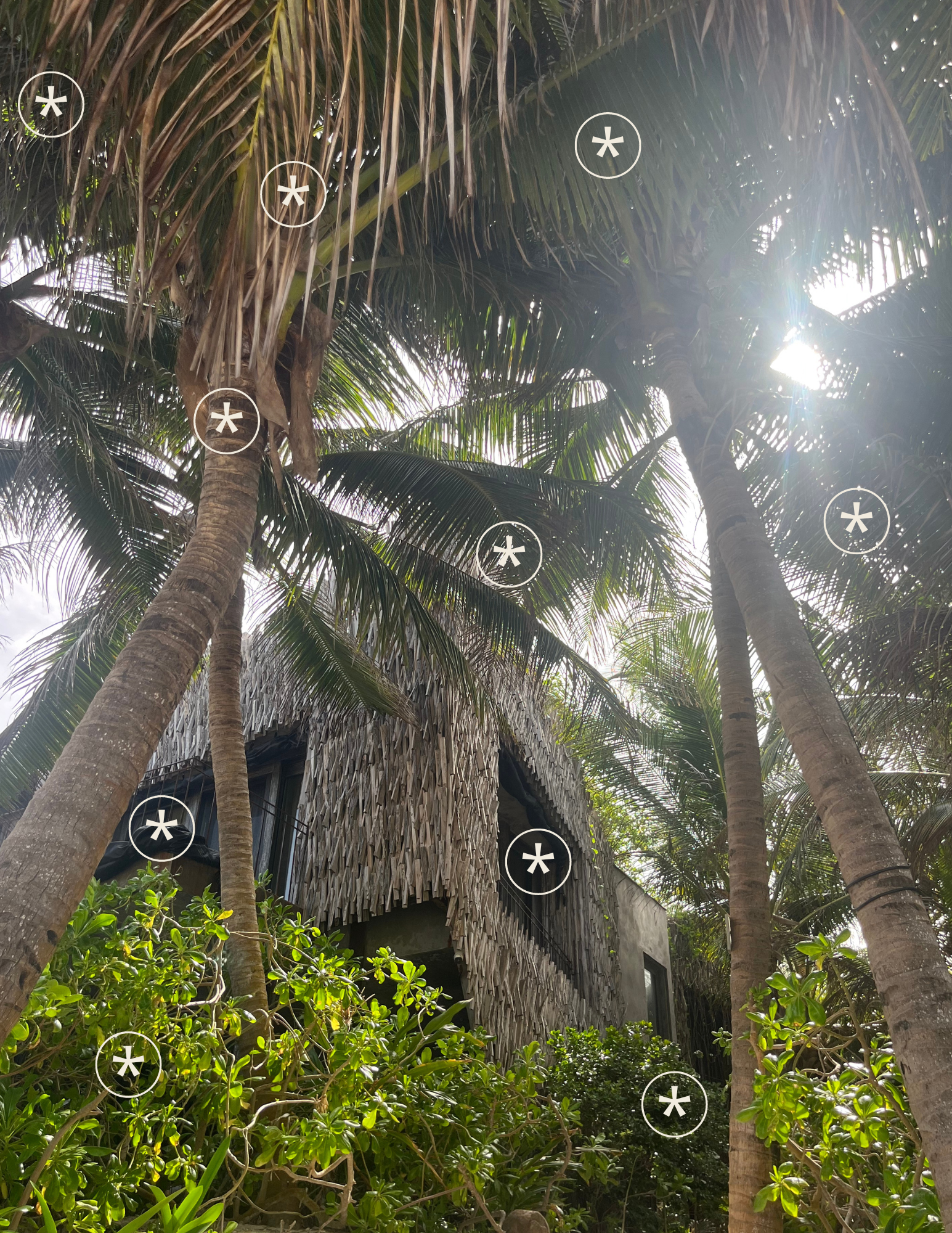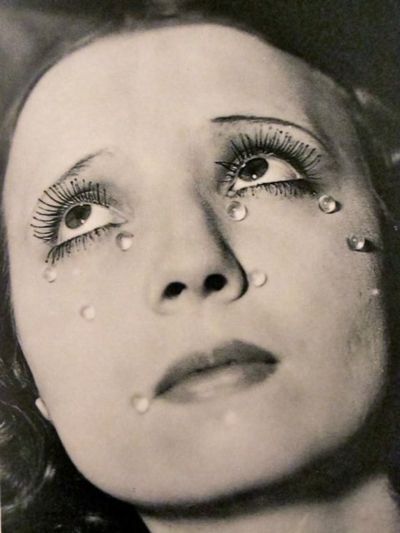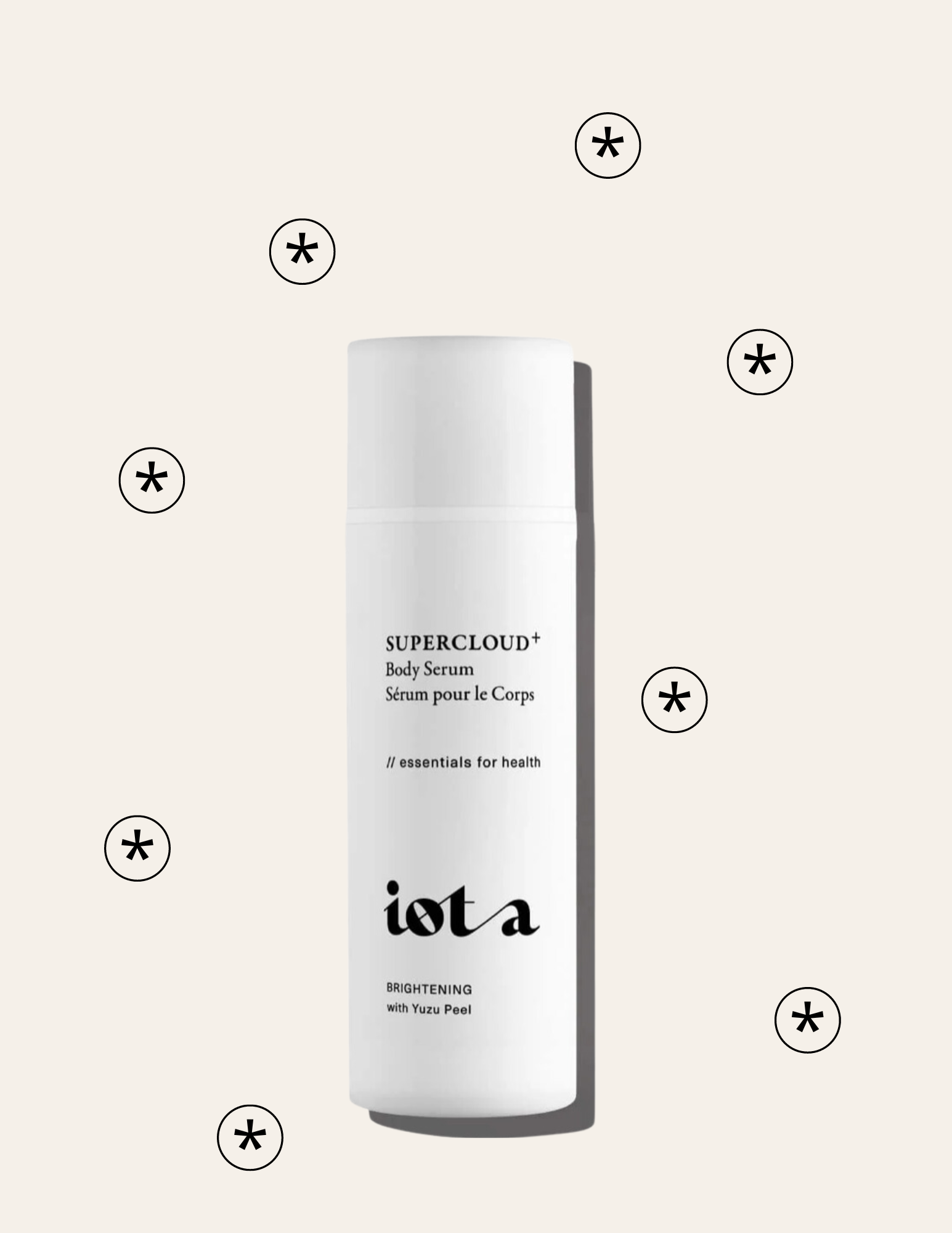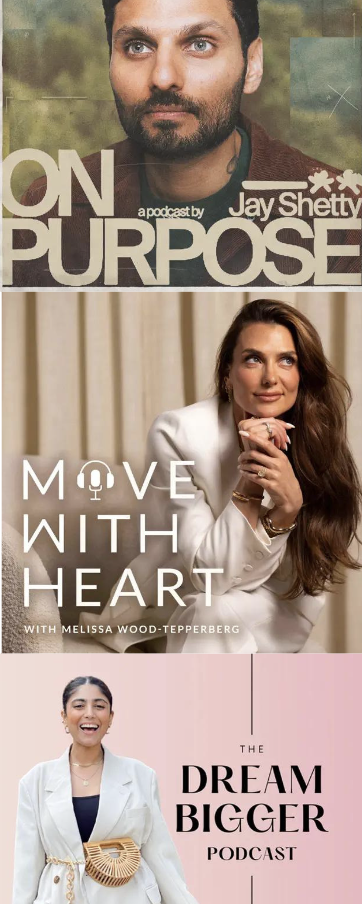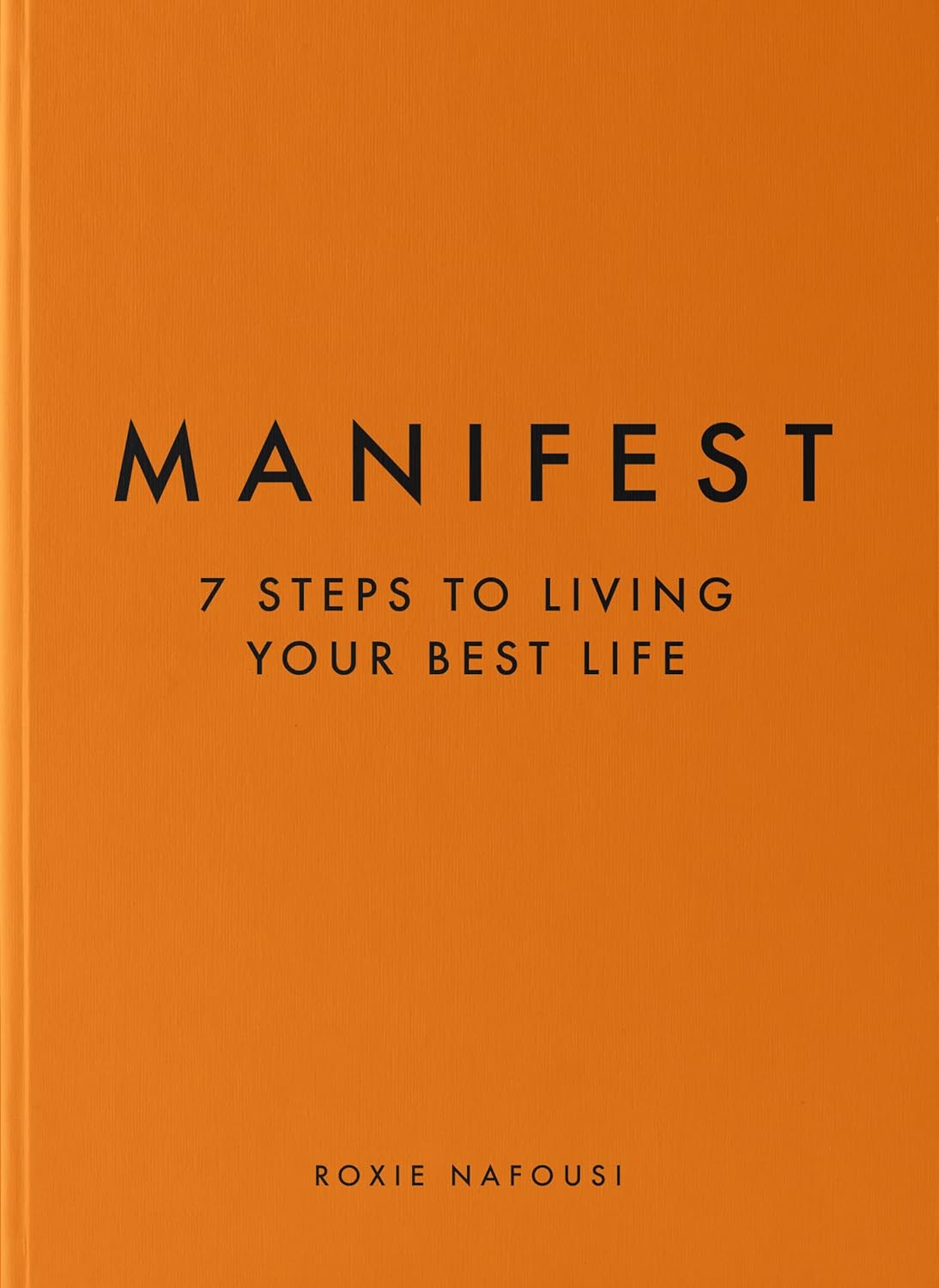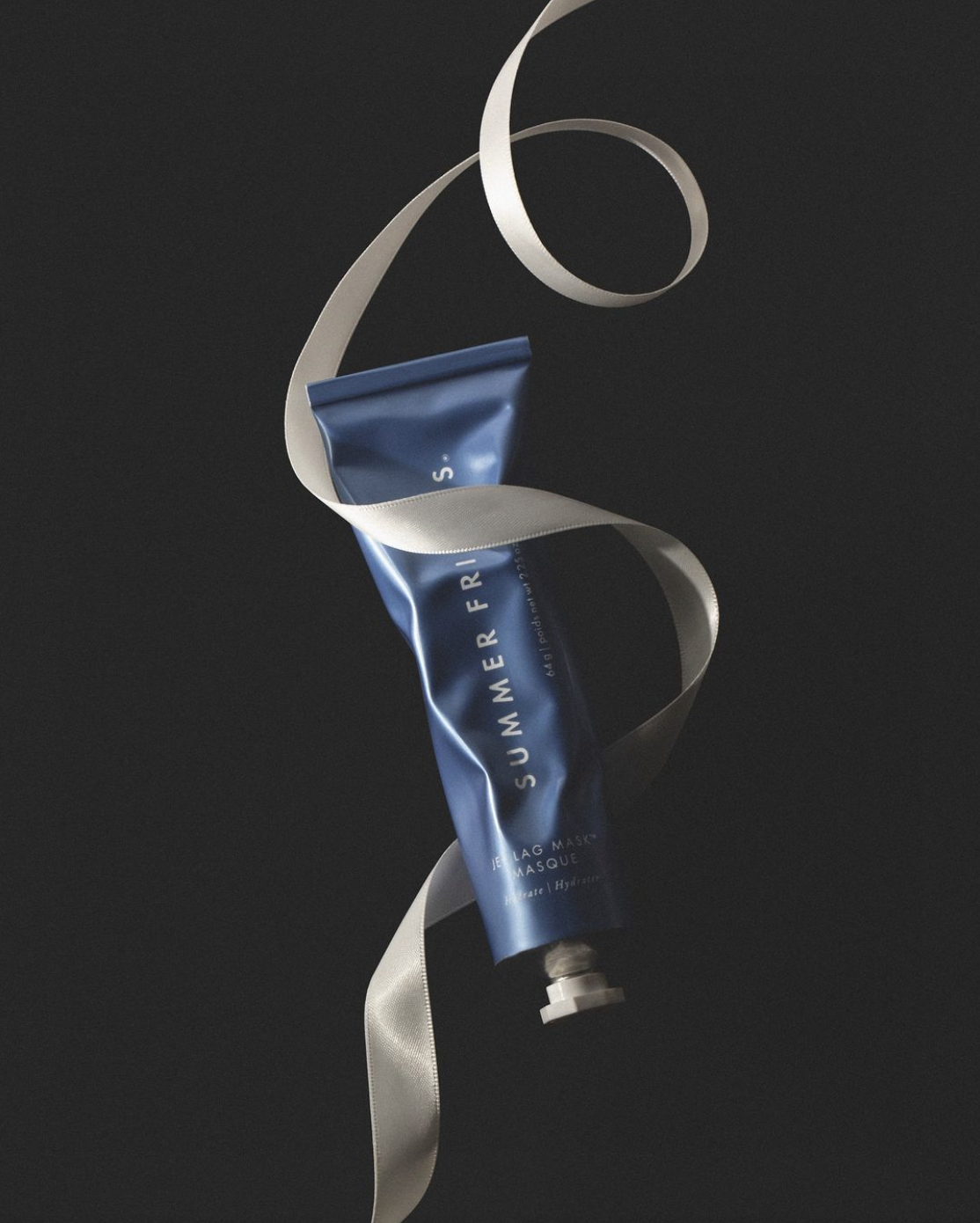revue THE NEWSLETTER
Become the most interesting woman in the room.
Designed to bring more depth, intention, and luxury into your week.
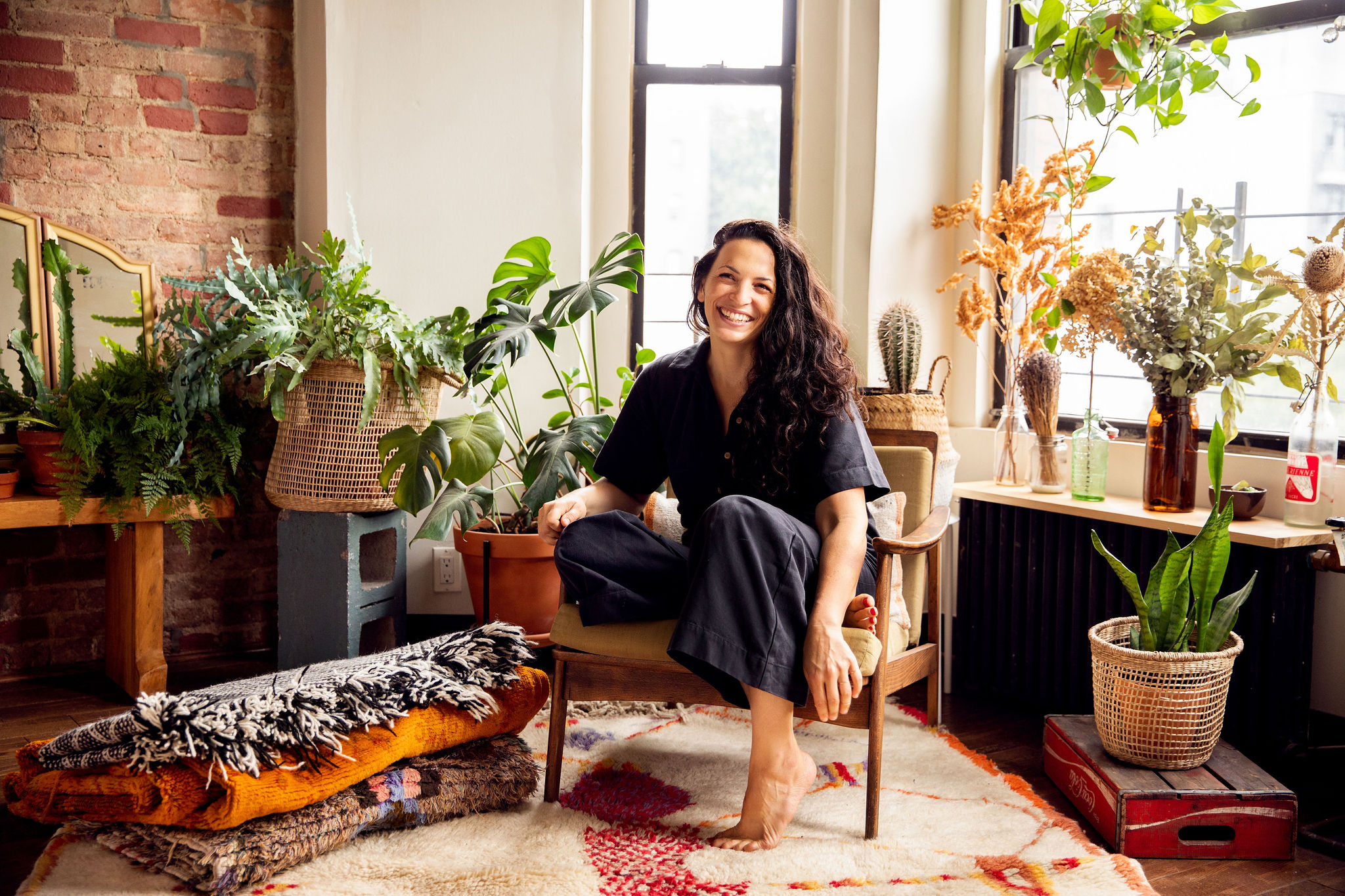
Salam Hello: The World of Moroccan Textiles
by: REVUE EDITORIAL
“According to tradition, this storied weaving process gives the textiles magical and protective qualities. The finished pieces are considered shields from the evil eye.”
As we adorn our rooms and decorate our homes, there is one guiding principle that we can thank the Big Lebowski for solidifying into our culture: the rug really ties the room together. I know this to be true firsthand. When you walk into my daughter’s nursery, the first compliments or wide-eyed observations typically revolved around the rug: it is a rectangular ivory rug with lean black dotted lines running across. It is a Salam Hello rug. And because of that, people notice.
In a world where products are mass-produced, copywriting the soul of other more independent designers, Mallory Solomon, the CEO & Co-Founder of Salam Hello is doing the opposite.
Salam Hello is a Moroccan based rug company that works directly with local women artisans across Morocco to design and create exquisite one-of-a-kind and made-to-order rugs, all while maintaining full price transparency and giving back to their communities. While Mallory is originally from California, with a period spent in New York, she is now based in Marrakech, Morocco.
She stopped by REVUE to chat all about Moroccan textiles, the sacred process of Moroccan artisans, and her references when it comes to creative inspiration. She tells a story of artistry, quality, and humanity. She tells a story that ties all of our rooms together.
REVUE EDITORIAL: Tell us about the days when Salam Hello was just an idea incubating and growing within your mind. What did those moments look like?
MALLORY SOLOMON: Since I was a kid I wanted to start a business. While dreaming of starting new businesses, I was working my way up the career ladder in the advertising world.
After an extremely hard year of work and barely having a day off, I took a 2-week trip to Morocco and everything changed. I immediately felt at home. During my time wandering the streets, villages and various medinas I, of course, did what any tourist does, went textile shopping. It was in that moment that I started to have the idea for Salam Hello.
I got back to NYC and while still working at my corporate job I would wake up early before the “9 to 5” to immerse myself in the history and industry of Moroccan textiles.
The history was mesmerizing: Amazigh women have been handweaving textiles since 600 BC, passing the craft from generation to generation. They carry this tradition with them as they work, telling new stories with each knot of every textile. These women can easily spend months, or even years on these pieces, often as they raise children and run households. They are invaluable works of art. But when it comes time to sell, the stories behind these textiles are lost to bulk buyers, and the artisans are at the mercy of middlemen. The women are often left out of negotiations and rarely make back what they’ve invested in time, material, and craft.
Salam Hello was born in August of 2019 to be a transparent and empowering outlet for Moroccan artisans.
We make it our mission to meet with every woman selling each piece and they help us understand the time, labor, and story behind the weave. When it’s time to buy, we never go below an artisan’s first asking price. Then, we bring the rugs directly to the customer, cutting out the middleman markup. Upon the sale of each rug, we reinvest 10% of our profits back to the villages. Our giveback initiative flexes to provide the women with what they actually need—some have asked for phones or cameras, charitable donations or materials, while others just ask that we return and continue to buy from them.

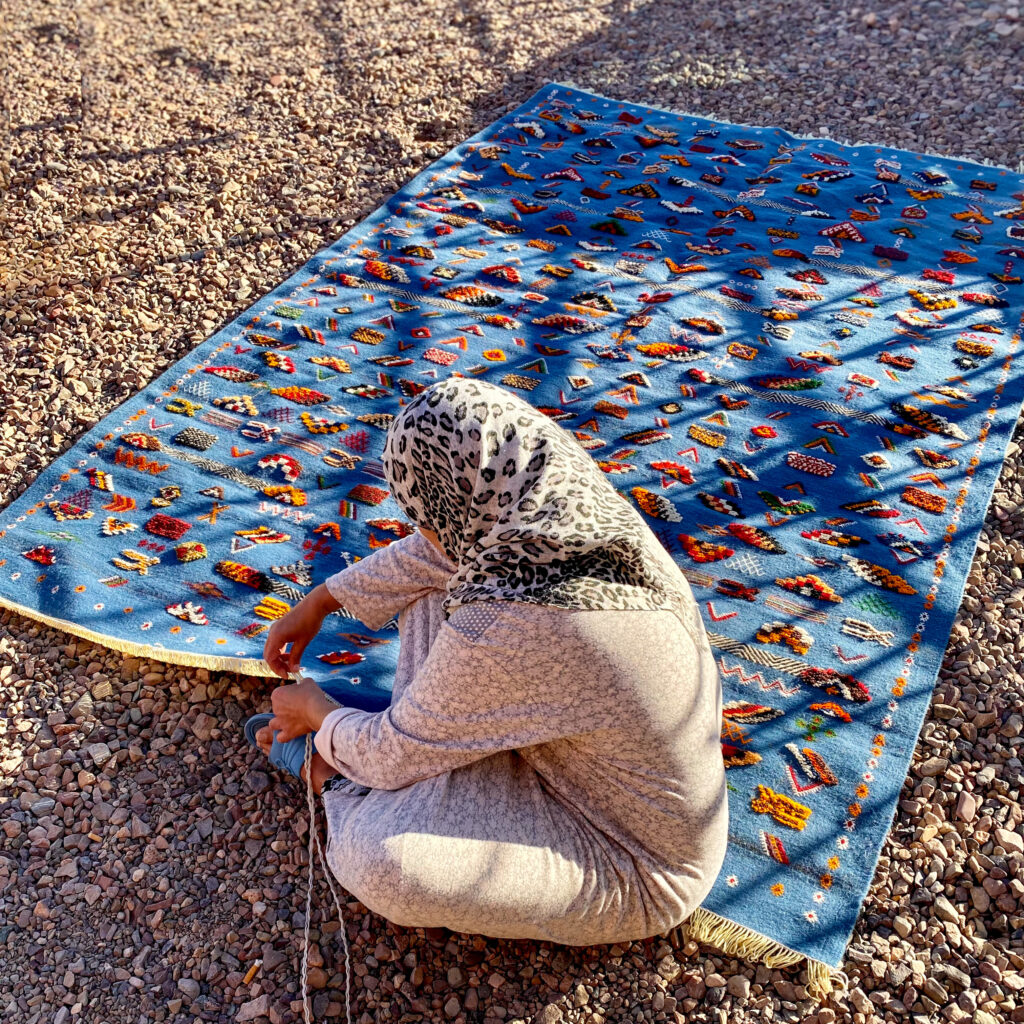


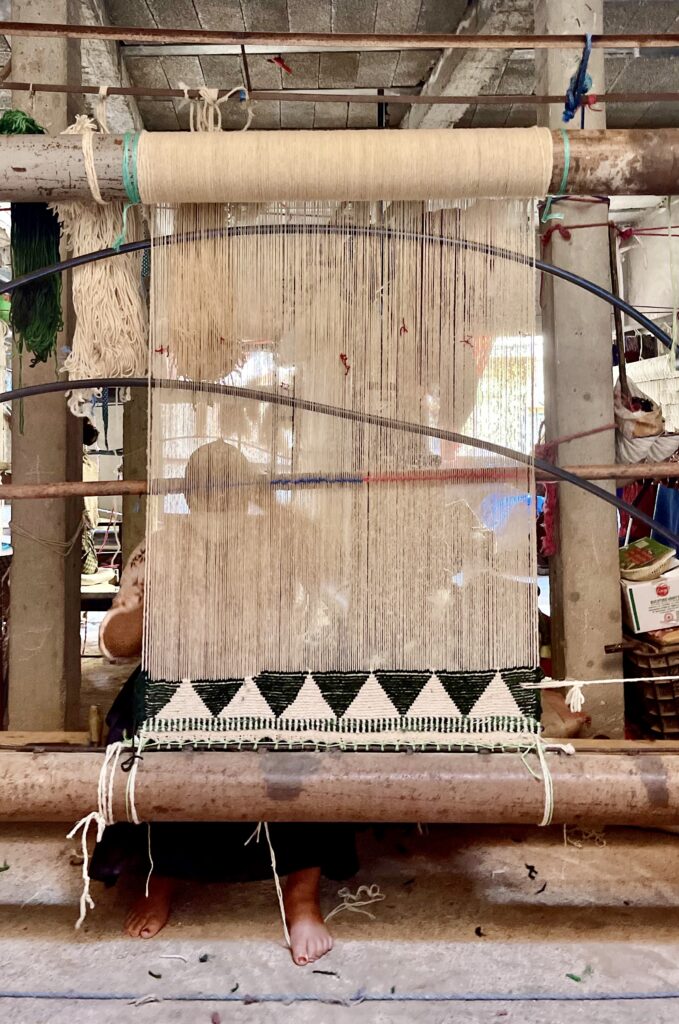

R: Why rugs? Why Moroccan textiles?
MS: At first I fell in love with the beauty of the handmade.
But it quickly transitioned beyond the beauty into loving the meaning behind the craft.
Personally, I carry symbolic and meaningful objects with me in my everyday life to keep my family and friends close to me. For example, I have a hand mirror that belonged to my Grandma, a tray I bought while vintage shopping with my mom, the Mezuzah from Dad’s house, etc.
Each step of the traditional weaving process is meaningful. According to tradition, this storied weaving process gives the textiles magical and protective qualities. The finished pieces are considered shields from the evil eye.
Every aspect of the weaving process holds a specific symbolic reference:
- The artisan is the heart of the process. She holds centuries of tradition and craft in her hands. As she knots the yarn and presses the weave with the hammer comb, she makes sure that evil doesn’t enter between the threads.
- The loom symbolizes protection. Usually set up in the artisan’s home, it’s the main instrument of the weaving process.
- The artisans start and finish weaving with a prayer called, Istikara, so that God can allow the best intentions to enter the rug.
- Historically (and still to this day) rugs are given as a gesture of appreciation and love in Moroccan culture. For example, it is customary for a bride’s family to either make and/or bring a rug as a gift for the groom’s family.
- Wool is considered lucky. It’s harvested without harm to the animals, washed, dried, and hand-spun. It’s usually dyed by hand with local herb, plant, and spice blends.
- Hammer Combs are often carved with intricate designs to avert the evil eye from the weave.
- Historically, the textile designs come entirely from the artisan’s imagination. The patterns and iconography might depict the Village an artisan lives in, religious symbols, or wishes for future generations.

R: Since you source your rugs from Moroccan artisans, talk to us about the start to finish process of your rugs – from creation to shipping to your customer and how integral the artisan women are in Salam Hello.
MS: Amazigh women have been handweaving textiles since 600 B.C., passing the craft from generation-to-generation. Each step of the weaving process is rich with tradition and meaning;—from harvesting and dyeing the wool, constructing the loom, to the final design of the weave.
THE WOOL
Our rugs are made with 100% live sheep’s wool. Live wool means the wool is taken from live animals, without harm. The wool is healthier and stronger this way.
WOOL PREPARATION
After the wool is sheared from the animal, the artisans wash, brush, and spin it into yarn. Traditionally, every step of this process is done by hand.
DYEING
Our team dyes their wool themselves using local, naturally sourced spice, plant, and herb blends. For example, henna leaves create an earthy red while pomegranate peels make a brighter red. Saffron and chamomile flowers both make yellows. Olive leaves make for light green and walnut peels make brown.
THE LOOM
Each textile is made on a vertical loom. These looms are constructed by hand and treated with traditional rituals to protect the loom and the rugs from evil. One common ritual involves breaking a piece of sugar against one side of the structure, and a date on the other.
KNOT BY KNOT BY KNOT
Depending on the size of the loom and weave, up to five women will sit at one loom and begin the weeks-long process of building a rug—one knot at a time. On average, each rug contains 50,000 knots.
HAMMER COMB
After each row of knots is tied across the length of the loom, a pronged hammer combs is used to tightly press the weave of the rug.
CUTTING FROM THE LOOM
Once the weave is completed, it must be removed from the loom. With tradition passed down through generations, the artisans expertly cut the rug from the loom and hand tie the tassels.
WASHING AND DRYING IN THE SUN
Finally, the finished rugs are washed with water, scrubbed clean, and dried in the Moroccan sun with our proprietary washing method. We have a separate team who leads the washing and finishing.
R: What does the name Salam Hello mean?
MS: One of the motifs most frequently encountered with protection in Arabic culture is the Hamsa Hand. The Hamsa symbol is an open right hand also referred to as the five fingers of the hand.
“SALAM” and “HELLO” both are five letter words which we hope brings the business the same magical, protective, and mystical properties that we believe these textiles bring you.
On a practical level Salam (Alaikum) is how you greet someone just as you use Hello in the Western world.
R: If you could describe the soul of Salam Hello, how would you describe it?
MS: Authentic, Transparent, Empowered (can you use that word to describe a soul?), Heritage, Refined
“The artisan is the heart of the process. She holds centuries of tradition and craft in her hands. As she knots the yarn and presses the weave with the hammer comb, she makes sure that evil doesn’t enter between the threads.”
R: What does interior design mean to you?
MS: I usually equate interior design to the home space and to me calling someplace home is very personal. It’s the place you spend the most of your time so it’s a window into your soul. It’s a place to feel your most at peace and raw.
R: How would you describe your own personal home decor style?
MS: Minimalist, Meaningful, Natural, Welcoming
R: Three artistic or aesthetic references/points of inspiration that you always come back to:
MS: Honestly it’s ever-evolving
I’ve always tore papers from magazines as a kid and still do today but these reference points have changed.
My Instagram saved reel is a mishmash of art, editorial shoots, plants, beautiful places, etc.
R: As an entrepreneur and a creative, what are you hoping to achieve with Salam Hello?
MS: The most rewarding part is the connections to the artisans.
Our network has grown to over 80 artisans (all women) and counting.
The artisans we work with have truly become our extended family. From March 2021 to May 2022 I commuted back and forth from my home in Marrakech to my childhood home in Southern California in order to help take care of my Dad’s declining health. Not a week would go by without various sets of artisans checking in with me about how my Dad and/or I were holding up.
My Dad ended up losing his battle with his chronic health issues and passed away in May 2022. On my first trip back to visit the various sets of weavers they invited me for couscous as well as made an extra plate for a family in need. This sharing/giving of a meal is one of the many rituals of grief in Morocco. Without their support, last year would not have been possible.
R: When someone purchases a Salam Hello rug, what do you hope that rug means to them?
MS: What we ultimately want is for our customers to have a truly deep connection with their rug beyond the look/feel of the product. Knowing the story behind the textile and the human on the other end of the supply chain, we believe, is a way to have a better world full of civility.
R: What inspires you?
MS: My family and friends. And the younger generation makes me believe in our future.
R: Most challenging part of running Salam Hello:
MS: Starting your own business is a roller coaster of emotions, it’s a crazy, invigorating ride.
For me, the two biggest struggles are Imposter Syndrome and trying to keep your emotions out of the day to day.
- Imposter syndrome. It’s a daily struggle but connecting with other like minded founders makes me realize I’m not alone in this thought process and that in turns gives me the confidence to move forward.
- Emotions. I think of this business as my baby and there is a constant struggle to not take things too personal while also allowing myself to feed off the emotional connection I have that inspired me to start this in the first place.
R: What you wish everyone knew about Salam Hello:
MS: The dedication behind every person on our team.
The artisans take such pride in their work and our entire team does everything they can to highlight that spirit and bring to our end consumer.
R: What’s next for Salam Hello?
MS: Officially opening our showroom in Marrakech! We’ve been using the space as our finishing studio for almost a year and in all honesty, I need to get out of our way and not for perfection but to open up this space to visitors to see the work in progress, just as do with the process of making our rugs.
We’re also looking into expanding into a brick and mortar place in the states for a 2025 opening!
We’re working on some exciting partnerships/collaborations as well as an overhaul of new custom designs!
You can find more of Mallory and Hello Salam on Instagram and at www.salamhello.com
WRITTEN BY REVUE EDITORIAL
